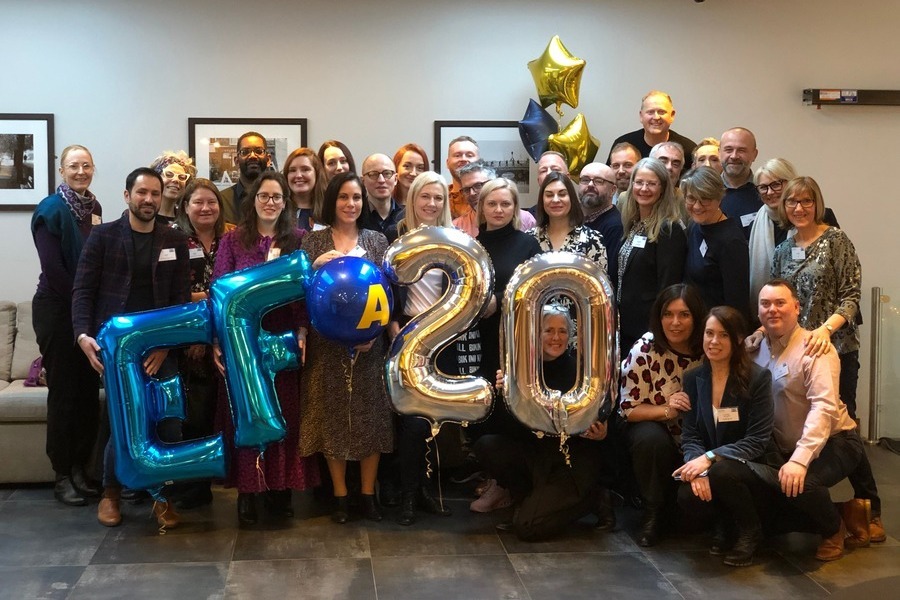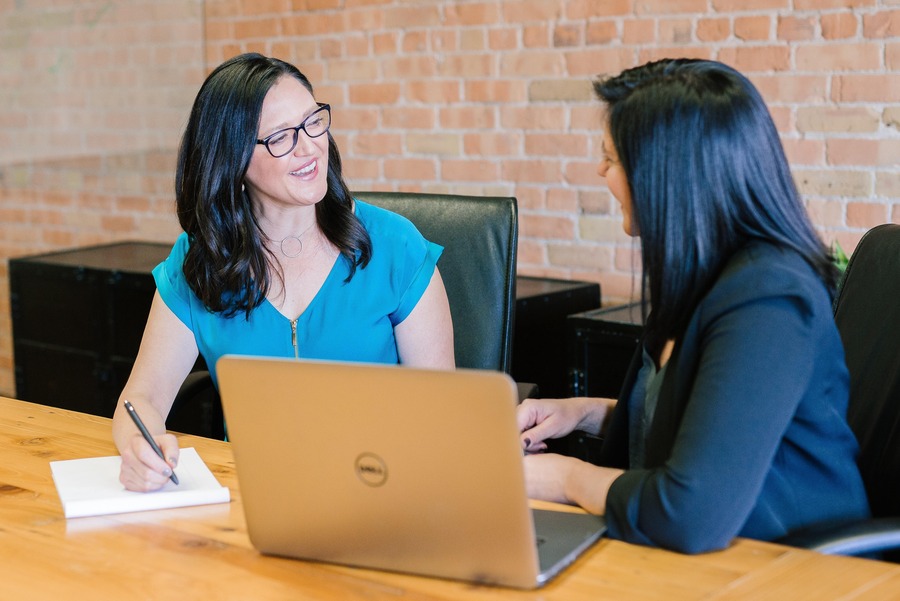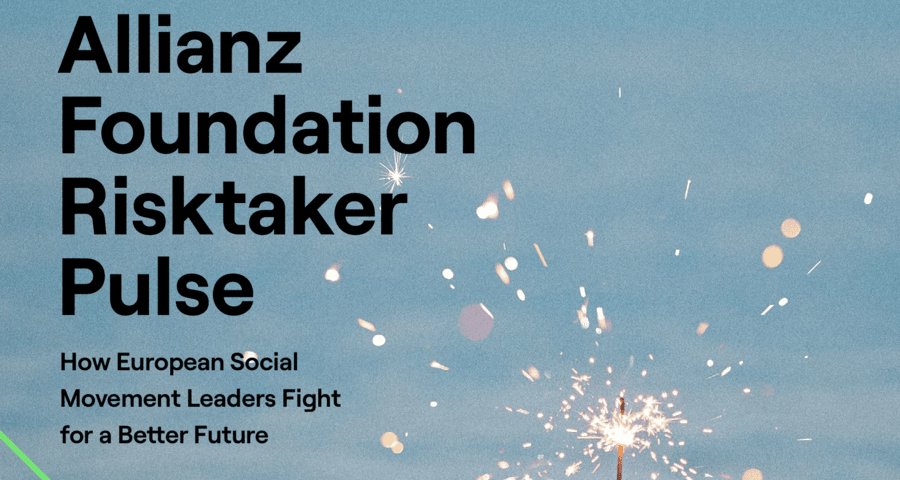
Amplifying impact on a national & EU level – highlights from EFA’s Skillshare
December 7, 2022
EFA Certification Advanced Competence Framework launches to further strengthen fundraising leadership across Europe
January 4, 2023Social activists from five European countries agree that “unrestricted, unattached and quickly-awarded funding” is key to the success of social movements.
This is according to a group of ‘risktakers’ interviewed for a new report by Germany’s Allianz Foundation. They also say that organisations involved in social activism must look for new sources of funding.
The Risktaker Pulse is based on interviews with 59 ‘risktakers’ – defined by the foundation as “individuals who actively fight for social justice, open societies or a liveable planet” – from civil society organisations in Germany, Greece, Italy, Poland and the United Kingdom.
The four key lessons learned from the report are the need to unleash the power of networks; the power of telling a compelling narrative; the importance of fighting misinformation and disinformation; and lessons on funding. The funding section of the report says:
“Whenever public or philanthropic funds are available, the ways they can be used are often too restrictive, risktakers say. The interviewees criticise the fact that many governments and foundations do not seem to understand that sometimes expenses need to be diverted or increased quickly and substantially.”
It says that the COVID-19 pandemic is a case in point, with many of those interviewed saying they could not get funding quickly enough. The invasion of Ukraine is another example of the value of trusting partners to make good use of money – one risktaker described giving money to partners in Ukraine and telling them: “I don’t need to know what you will do [with the money], just do it.”
Another risktaker in Germany told the report that quickly-awarded small grants, even as small as €500, could have a big impact. Julia Kloiber, co-founder of Superrr Lab, said: “I think these small grants are underestimated in terms of the impact they can have for non-profit organisations because they can give you the flexibility you need at certain points in time when you just don’t have the time to read a grant proposal.”
On the topic of diversifying income, it quotes Fatima Edith Maiga from Italiani Senza Cittadinanza (Italians without Citizenship). The organisation has raised money by selling bags, hoodies and other merchandise with political messaging, and Maiga explained:
“Our organisation has never wanted to make use of external funds. So as not to be co-opted. This is the reason why we became almost a brand… in order to gain some money to support our activities.”
The conclusion to the report says that it is “intended to inspire funders to re-examine who they are supporting, how and why”. It goes on to say that if funders can “lessen the burden” on risktakers like those interviewed, it would “give these dedicated individuals and their organizations a substantial boost to succeed in a dynamic and ever-changing world”.




